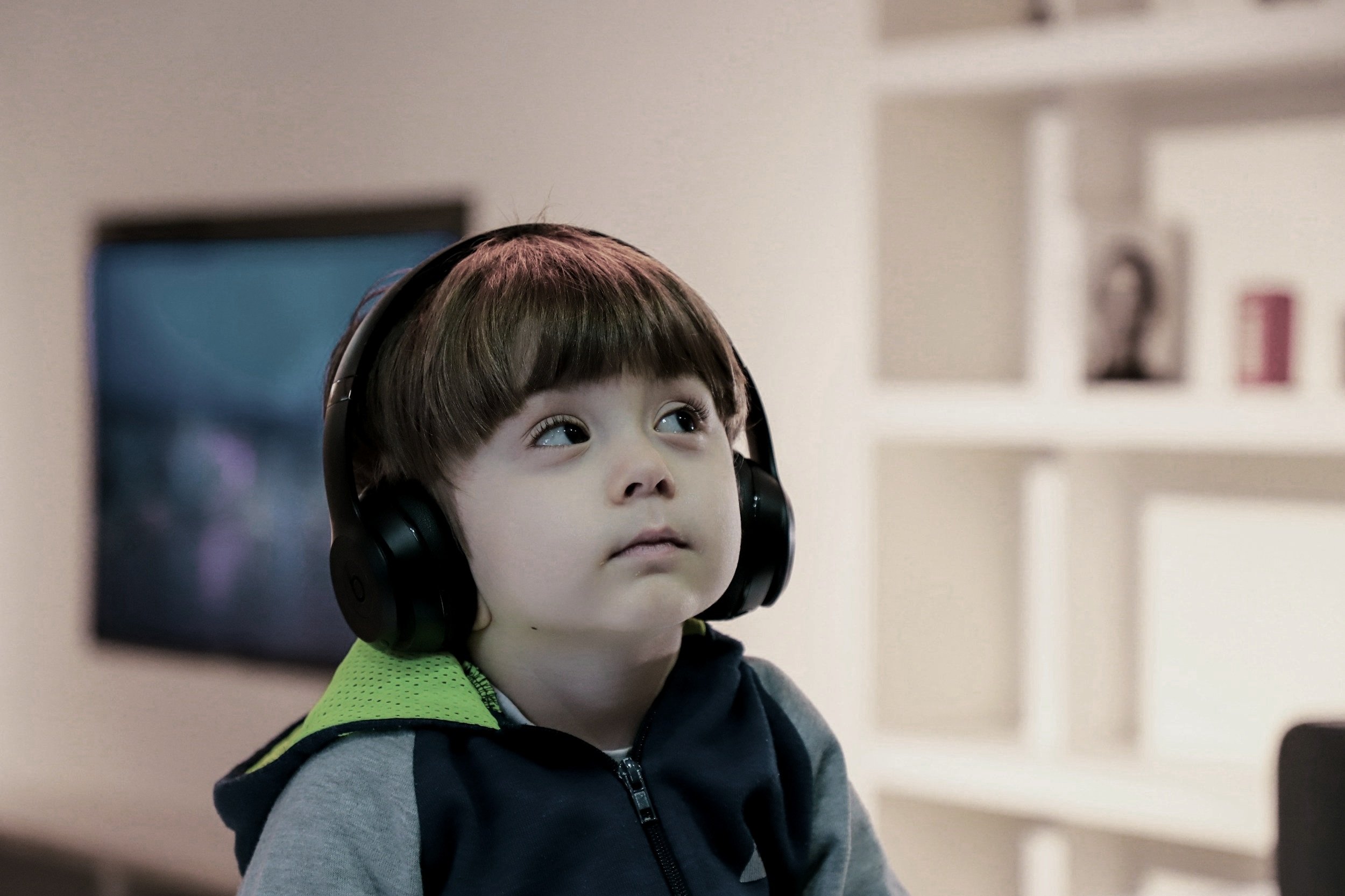
Chapter 2
Developing Strong Listening and Communication Skills
Listening is a vital skill for support personnel. Particularly active listening, which involves fully engaging in conversations through questioning, responding, and verifying understanding, is a foundational practice in client service. Effective listening enables support staff to understand customers' spoken words and emotional cues, providing clarity and building rapport.
Key Terms
Active Listening: Engaging in a conversation by asking questions and verifying understanding.
Nonverbal Communication: Communicating through gestures, tone, and facial expressions.
Paraphrase: Restating what a customer says in your own words to confirm understanding.
Open-ended Question: A question that encourages a detailed response instead of a binary Yes||No.
Pitch: The tone or quality of a speaker's voice.

Despite spending a significant amount of time in our life listening, many struggle to do it well. This is often due to distractions, emotional filters, or interruptions. In service environments, focus and discipline are essential. Effective listeners use strategies to capture and retain information, such as asking about "who, what, when, where, and how" while leaving the "why" for problem solving.
Communication extends beyond listening to include speaking and writing. It involves conveying information clearly, avoiding jargon, and respecting the customer's communication style. Nonverbal cues and tone of voice play a critical role in building trust and rapport. Understanding and adapting to a customer's preferred communication style ensures meaningful and effective interactions.
Supplemental Resources
Active Listening Skills Guide – A comprehensive guide to mastering active listening.
Nonverbal Communication Overview – Learn how nonverbal cues impact communication.
Customer Communication Techniques – Tips for improving communication with customers.
Free Online Communication Skills Training – Improve listening, speaking, and writing abilities.
How Personality Influences Communication – Insights into adapting communication to different personalities.
